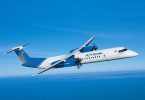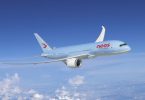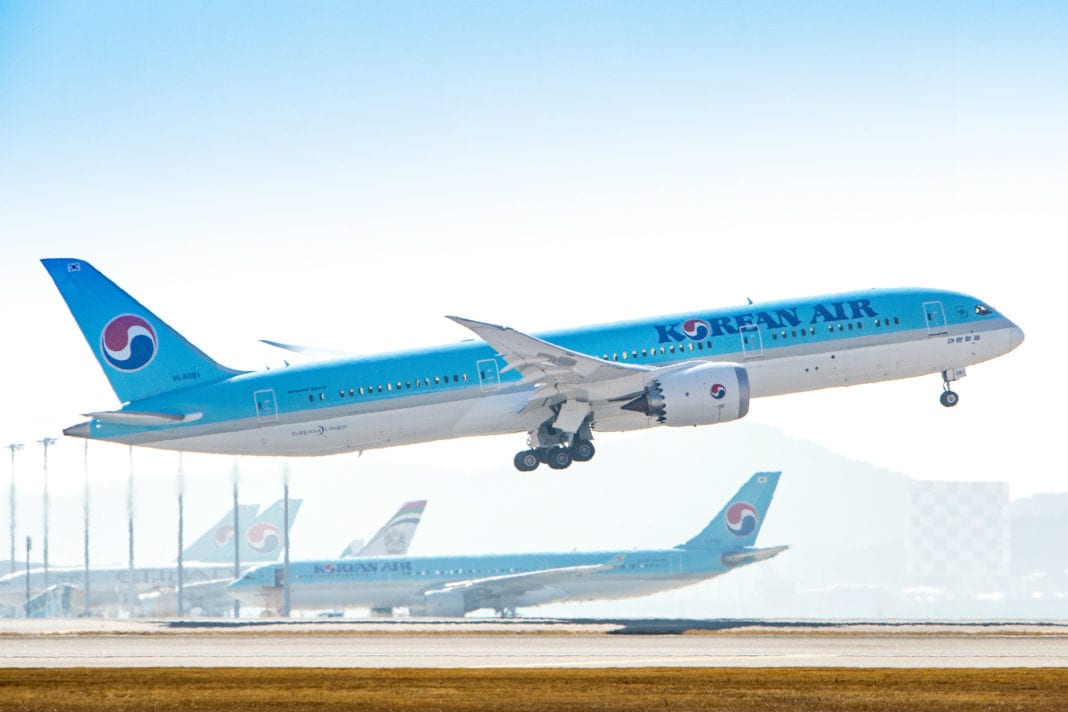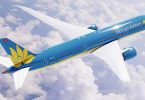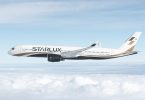London —- Now might seem a strange time to get bullish on luxury private jet travel.
But Jonathan Breeze, chief executive of the newly launched Jet Republic, says that even in the current economic climate, there are plenty of wealthy people who’ve given up commercial airlines and have no intention of going back.
So sure is Breeze of the market for private jet travel that his Portugal-based company has placed the largest European business aircraft order ever, worth $1.5 billion.
The company started flying last summer, using chartered planes, and plans to expand in 2009 with 110 Bombardier Learjets that will travel to more than 1,000 European airports.
Breeze said his customers don’t care about being ostentatious.
“This is about people who simply can’t work any more hours than they already do, and so they need to travel quickly and conveniently,” he said.
Analysts agree that starting a business in a recession —- especially a business focused on one of the first perks likely to be cut by companies —- might seem like a strange idea.
After all, DayJet, a per-seat, on-demand private jet startup based in Boca Raton, Fla., filed for bankruptcy Nov. 14.
Mike Boyd, an aviation industry consultant with the Boyd Group in Evergreen, Colo., said DayJet’s failure is not a good indicator of the demand for private jet transportation.
“DayJet assumed that people would pay very, very high prices for a seat between two points on demand, but the costs were simply more than the public would pay,” he said. “The well-heeled couldn’t see the value in paying a $600 fee to get from Melbourne, Fla., to, say, Charleston. And even then there was a three-hour window for the departure.”
Boyd and other analysts argue that the long-term outlook for the industry remains surprisingly upbeat, both in the United States and in Europe.
In particular, any business seeking to make private jet travel more affordable is likely to do well on both sides of the Atlantic.
“While the recession is expected to have a short-term impact on the business jet market, the long-term outlook remains strong,” said Ernest Arvai, president of the Arvai Group, a consulting firm to the airline industry based in Windham, N.H.
Analysts say many premium commercial airline passengers continue to switch their allegiance to business jets, spurred by the growing hassles of commercial flying.
Also helping is the fact that business jet travel has been made more affordable with the help of fractional ownership schemes typified by NetJets, the New Jersey-based company owned by Warren Buffett’s Berkshire Hathaway, with a fleet of 650 planes.
Only last March, NetJets announced a $200 million expansion of its operational headquarters in Columbus, Ohio.
Under Jet Republic’s fractional ownership scheme, customers purchase or lease a share of a Learjet that’s equal to the hours they need, starting at 50 hours a year.
But even fractional ownership is not cheap. One-sixteenth of a Learjet costs $875,000.
Breeze, a 36-year-old former Royal Air Force pilot, said he believes many wealthy fliers would rather abandon plans to buy their own jets —- which can cost as much as $40 million —- in order to buy a fractional share of a plane.
Breeze said Jet Republic stands apart by offering a whole new level of service, one characterized by hot meals, multilingual flight attendants, and in-flight BlackBerry access.
“People who don’t fly on business jets make an assumption that the service is wildly superior to that of a commercial airline, but that’s just not the case,” he said.



